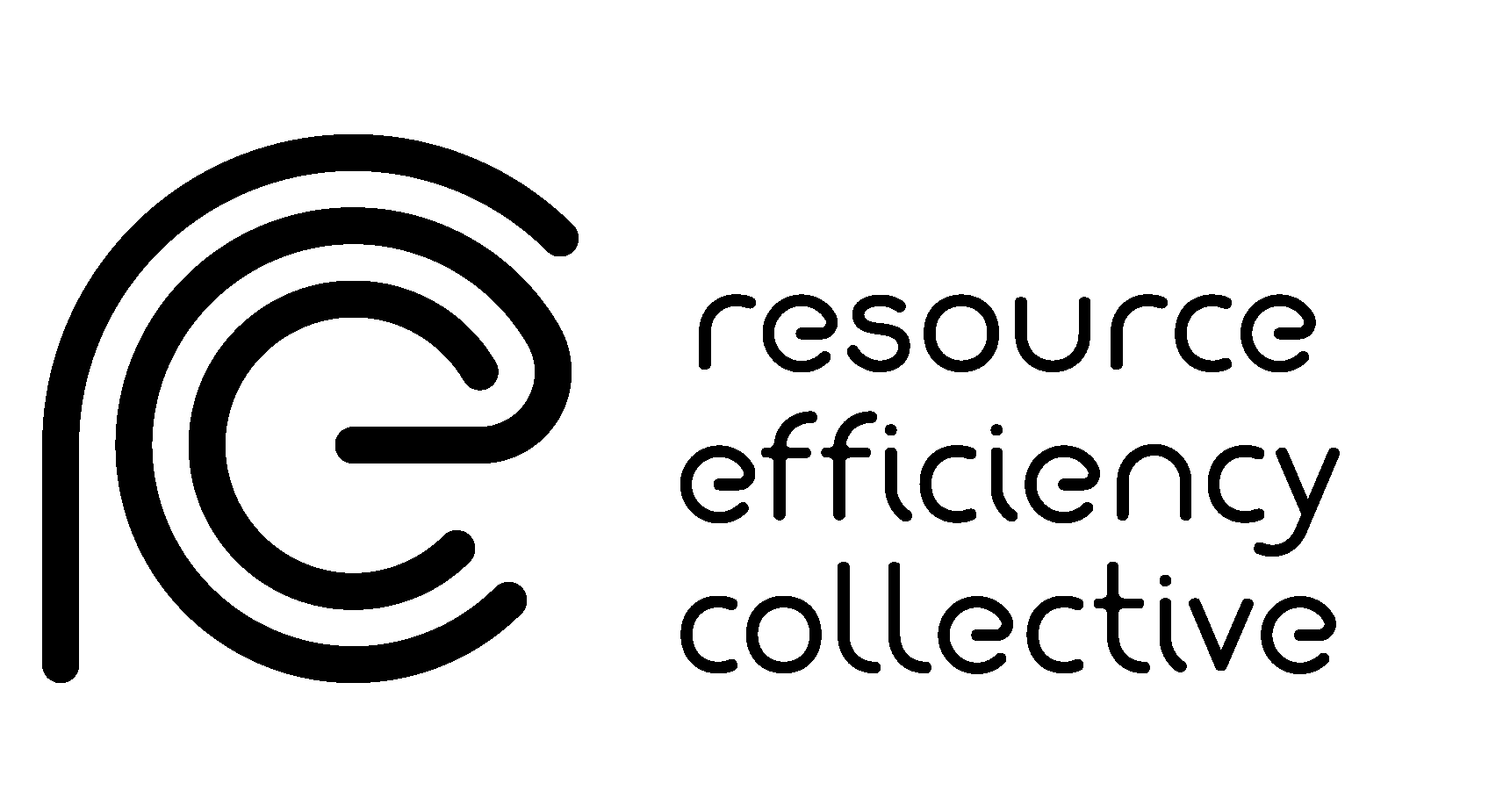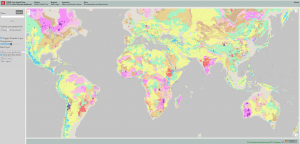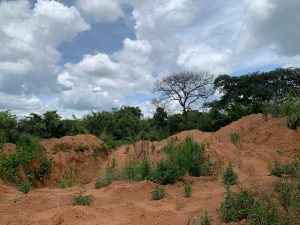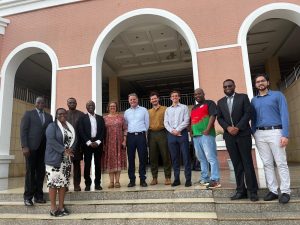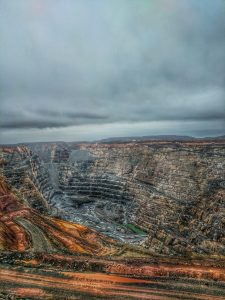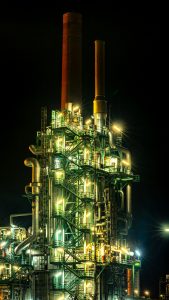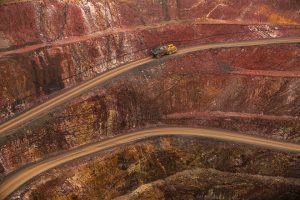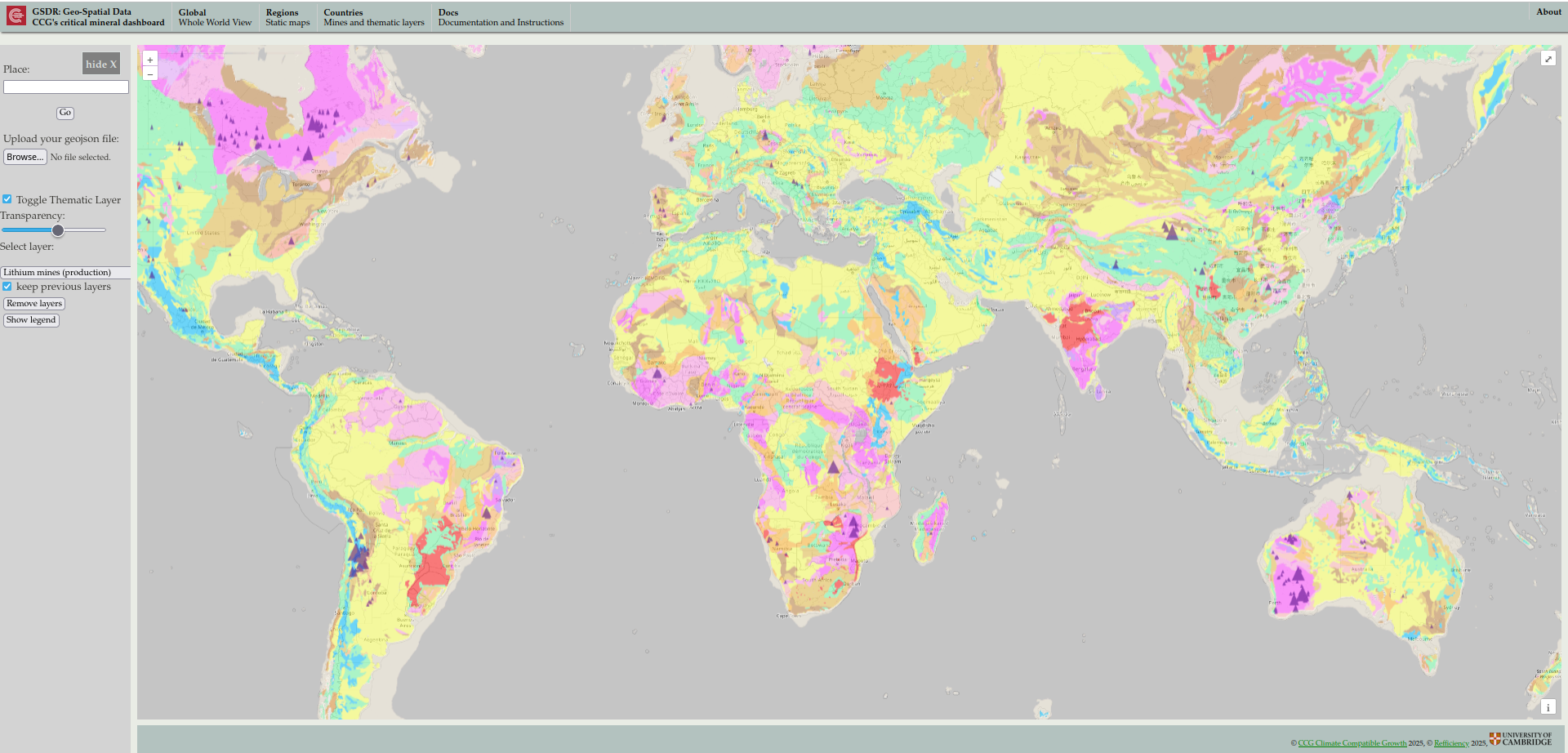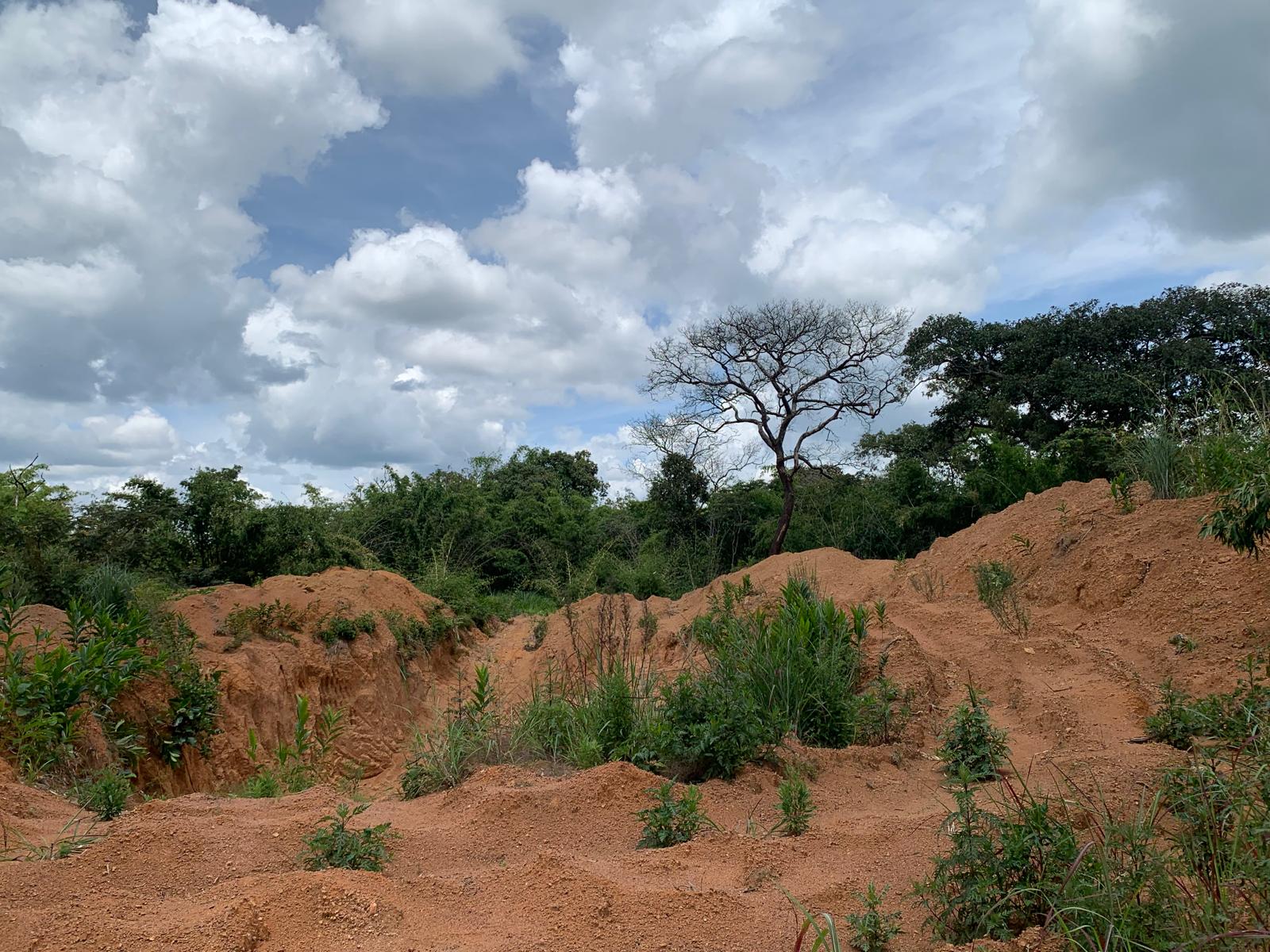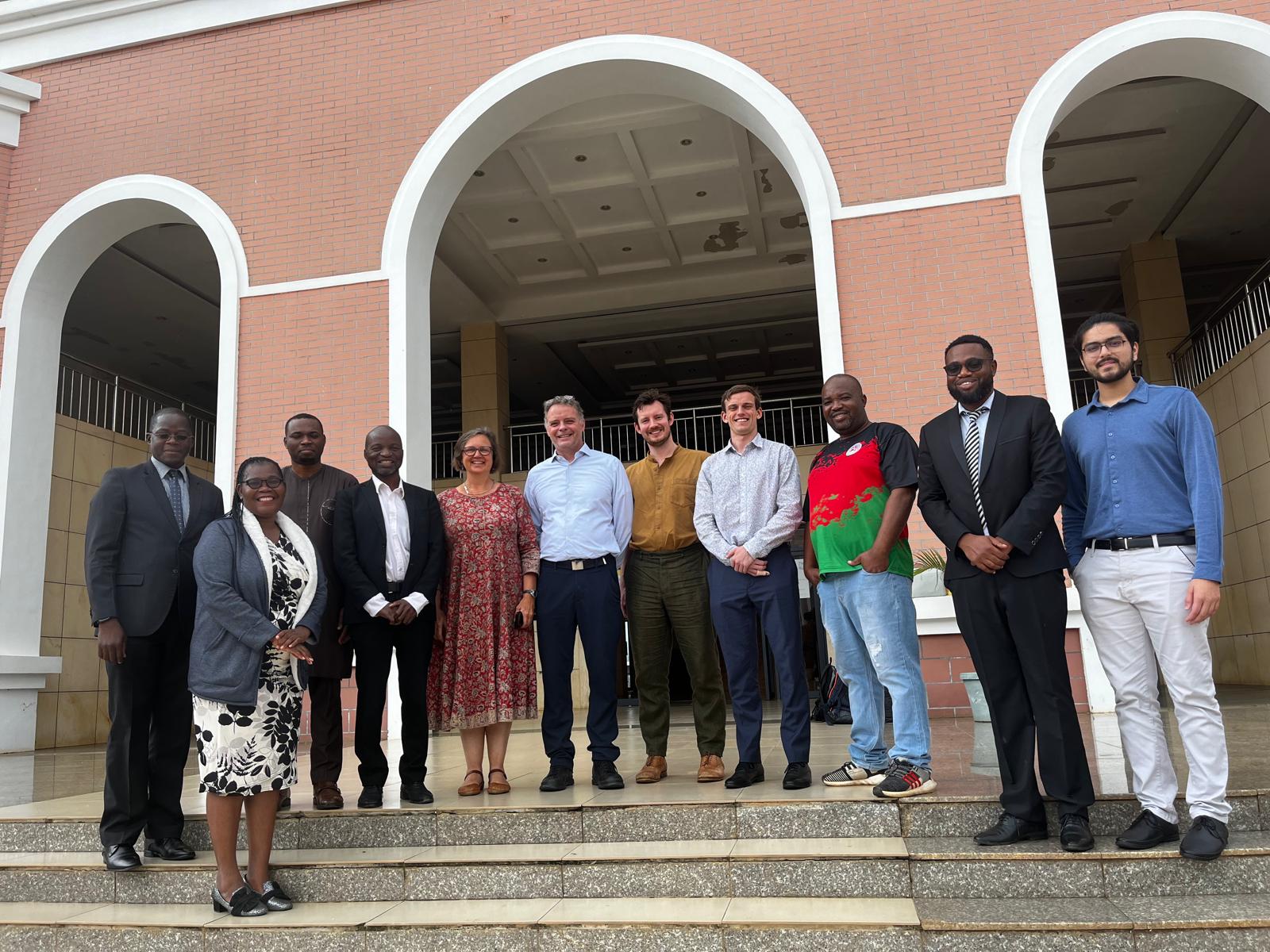Reflections on the 7th International Exergy-Economics Workshop
From 10 to 12 July, the 7th International Exergy Economics Workshop (IEEW) occurred at the Château des Comtes de Challes in Chambery, France. As a returning participant, the workshop has proven to be an exceptional gathering of like-minded researchers dedicated to exergy economics.

Placed within the scenic landscapes of Chambery, the Château des Comtes de Challes, a restored 15th-century castle, served as the perfect background for the workshop. Its magnificence provided a truly immersive experience for all attendees. The culinary delights were equally appealing, with each meal offering a three-course gastronomic journey. Additionally, a memorable wine-tasting event held in the chateau’s underground wine cellar provided great wine and insights into the art of winemaking.
To embrace the natural beauty of the region, a walking tour was organised, allowing participants to immerse in the scenery of the surrounding mountains. However, the impacts of climate change were evident. Initially planned for a different time, the walk was rescheduled to the morning due to high temperatures. Furthermore, we couldn’t ignore the presence of smog in the air, highlighting the far-reaching effects of air pollution.
The workshop provided a platform for researchers to present and discuss their ongoing work, promoting a sense of community and collaboration. Speed talks offered a glimpse into a diverse range of projects, employing simple and complex models across various sectors. Witnessing the progress made since the previous year, with projects transitioning from conceptualisation to presenting solid results, showing the robustness and powerful insights that can be achieved with exergy analysis.
A particularly thought-provoking debate session was held around the role of sustainability scientists beyond academia. Should their expertise extend into activism and policymaking, or would it compromise their objectivity as researchers? The debate shed light on the complexity of the issue, with valid arguments on both sides. While some emphasised the potential for well-informed positions to support sustainability, others cautioned against bias and the dangers of venturing beyond one’s area of expertise. This ongoing discussion stressed the difficulty of reaching a consensus.
A session by Prof. Cullen discussed how current models integrate energy, materials, and economic parameters across micro, meso, and macro scales. More than ten distinct models were discussed, with energy being the most common parameter modelled and economics the least. It became apparent that developing models capable of covering different scales and incorporating diverse parameters remains an ongoing challenge.
One of the sessions focused on education, discussing the difficulties of teaching sustainability and addressing complex, wicked problems. Compared to most common problems in traditional STEM subjects that have a clear and unique answer, sustainability issues commonly have no unique solution, demanding critical thinking and the ability to navigate uncertainty. Open-ended exercises and ill-posed problems were proposed as alternatives to encourage students to deal with complexity and develop imaginative thinking.
On the journey back to Cambridge, Prof. Cullen and I, drawing inspiration from Ray Dalio’s book “Principles”, discussed how documenting our thoughts and rationale enables us to better understand the decision-making process and prevent hindsight bias. This practice resonated not only on a personal level but also within the context of tackling sustainability challenges, as the decisions made today will reverberate in the coming decades.
The 7th IEEW provided an enriching and memorable experience, where the delightful venue, engaging discussions, and enlightening sessions converged to foster collaboration and learning. Looking forward to the 8th edition. C’est la vie.
